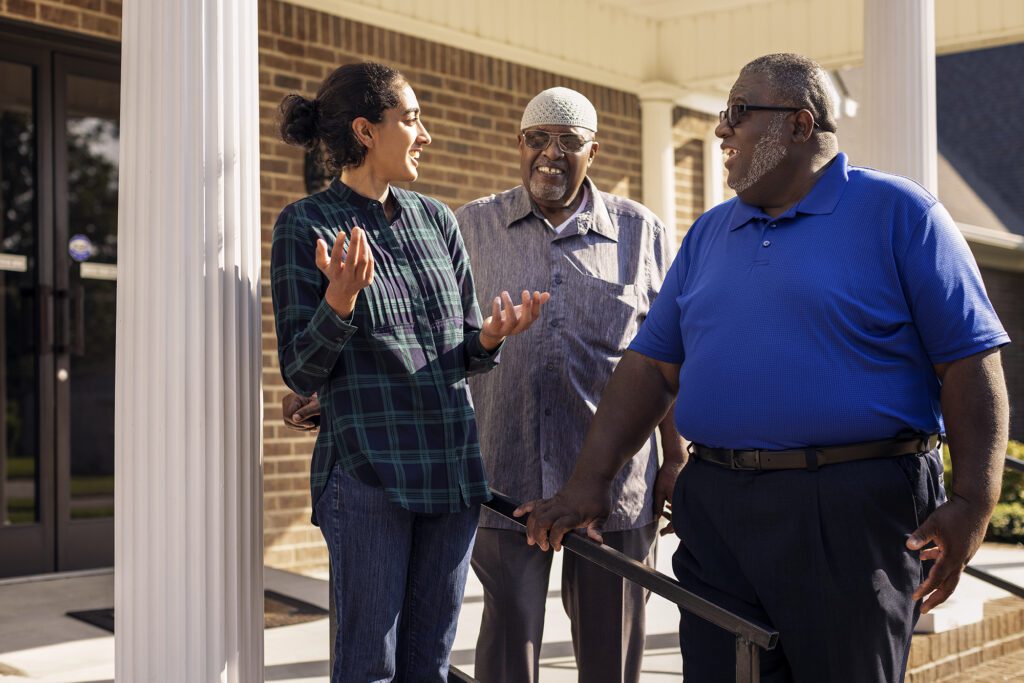
Drivers of Health
Rural communities face higher rates of childhood trauma. One woman is using Stanford methodology to help them heal.
Unresolved childhood trauma can impact everything from mental health to education to career opportunities. We are partnering with organizations in rural communities that teach people how to break the cycle of trauma.
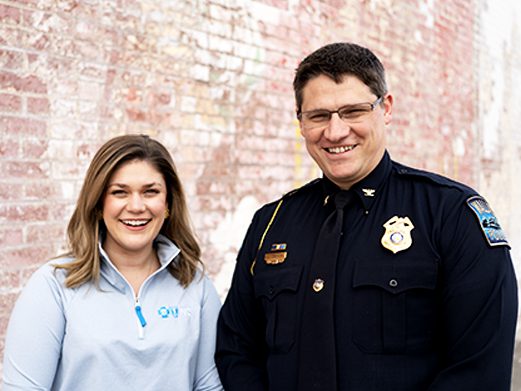
Supporting Communities
Answering the call for care in rural communities
For North Carolinians living in rural areas of the state, access to health care is a serious problem—one that we’re actively addressing with long-term investments and partnerships with local leaders that allow us to be responsive to unique needs. Hear how we supported Jimmy Crayton, Chief of Police in Duplin County, as he went beyond the call of duty to provide care in his hometown.
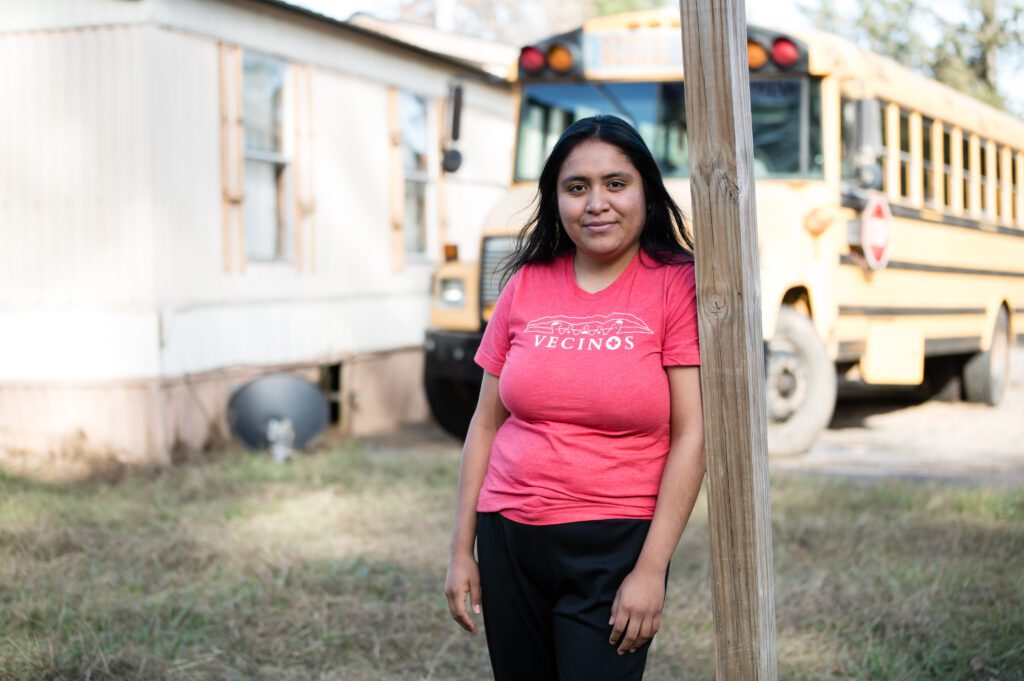
Strengthen NC
Care for NC’s migrant farmworkers is care for NC
There’s strength in partnering with organizations helping migrant and seasonal farmworkers in Western NC connect to bilingual, affordable, and accessible health care.
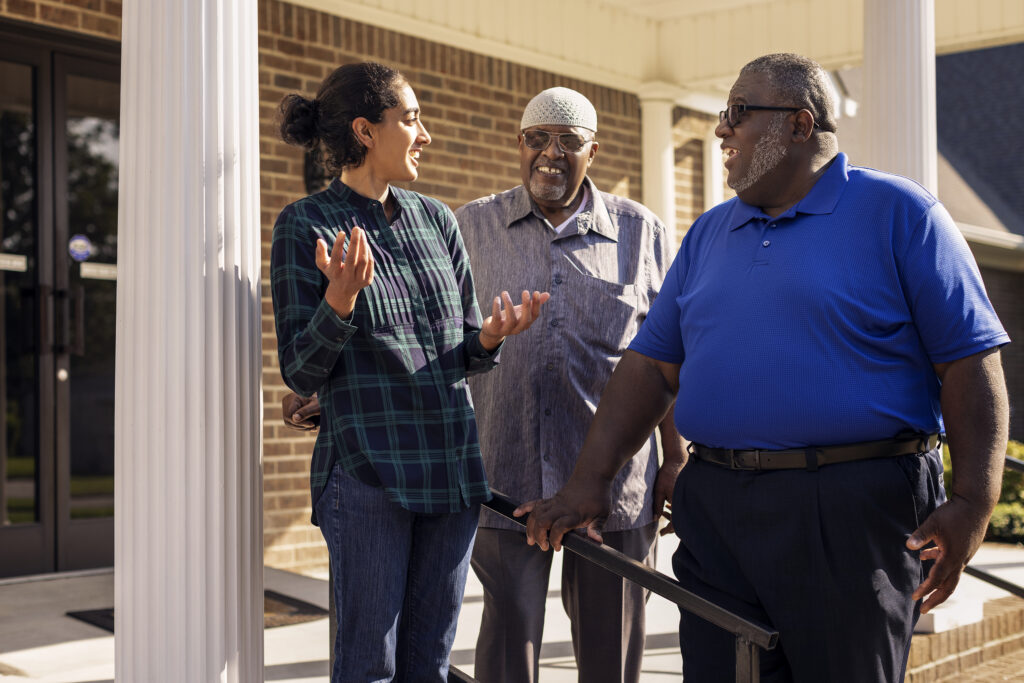
Drivers of Health
Treating trauma to help rural communities thrive
Unresolved childhood trauma can impact everything from mental health to education to career opportunities. We are partnering with organizations in rural communities that teach people how to break the cycle of trauma.
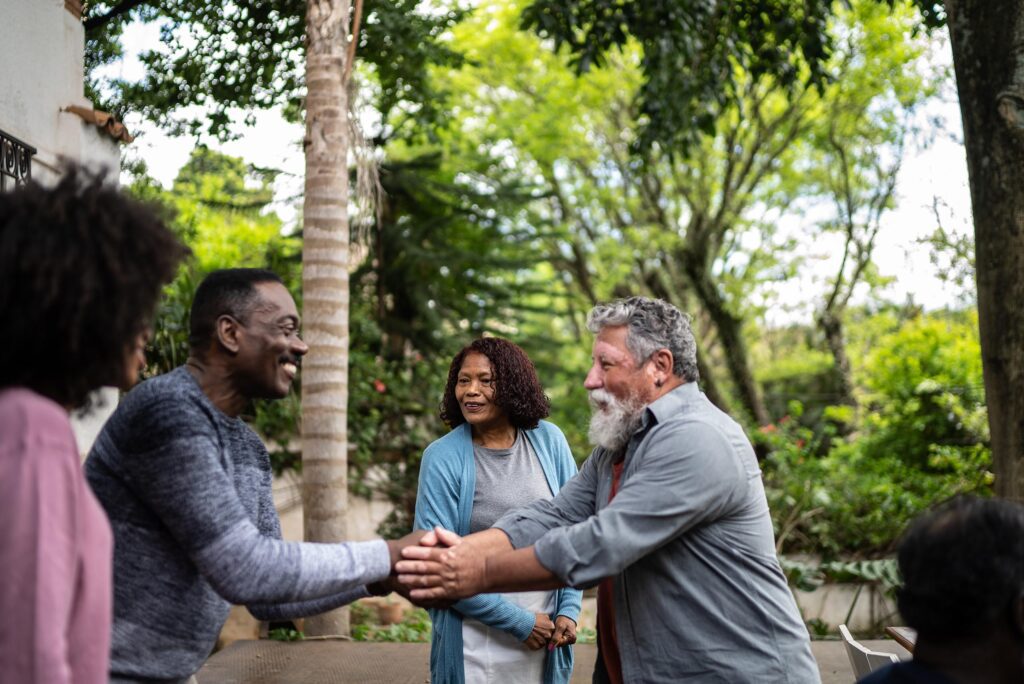
Drivers of Health
What are drivers of health, and how do they impact the price you pay for health care?
Keeping our communities healthy is a big step in making health care affordable for everyone. With partnerships across North Carolina, we’re addressing the social, economic and environmental factors that burden our health care system and drive up costs.
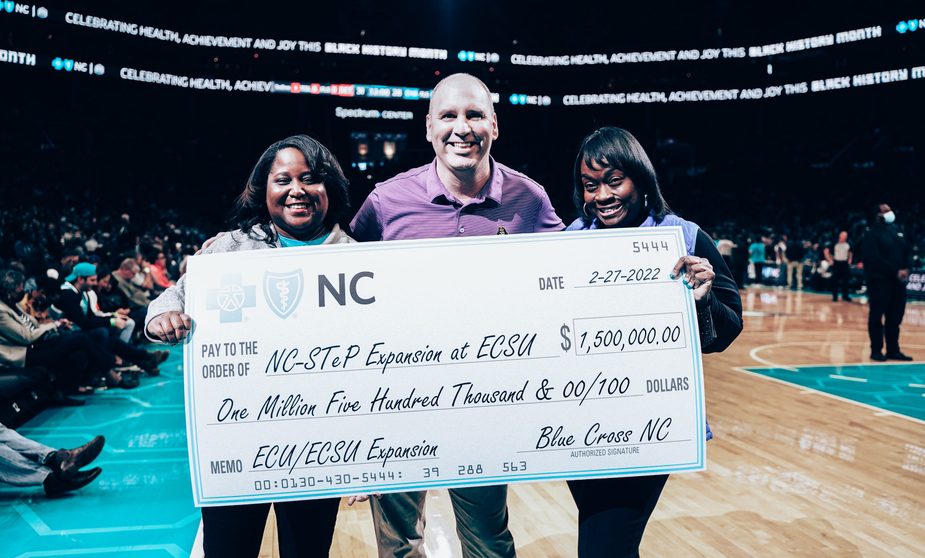
Telehealth
Telepsychiatry for Students at ECSU
Students across North Carolina face significant pressure each and every day. We’ve funded a new partnership between ECU and ECSU to assure that students in Elizabeth City are getting the mental health services they need to thrive.

Telehealth
Doctors Explain the Benefits of Telehealth
Wondering how—and why—telehealth works? Hear from two physicians about the benefits of virtual care and how to navigate a telehealth appointment.
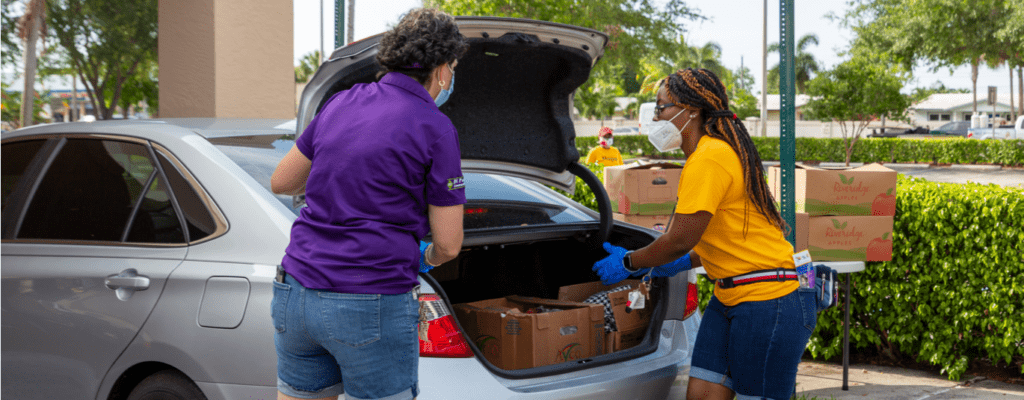
Drivers of Health
Food Security Impacts Health and Well-Being
Food affects our health in so many ways—from malnutrition to chronic illness and much more. That’s why we’re working with organizations across the state to make sure families have food on the table.
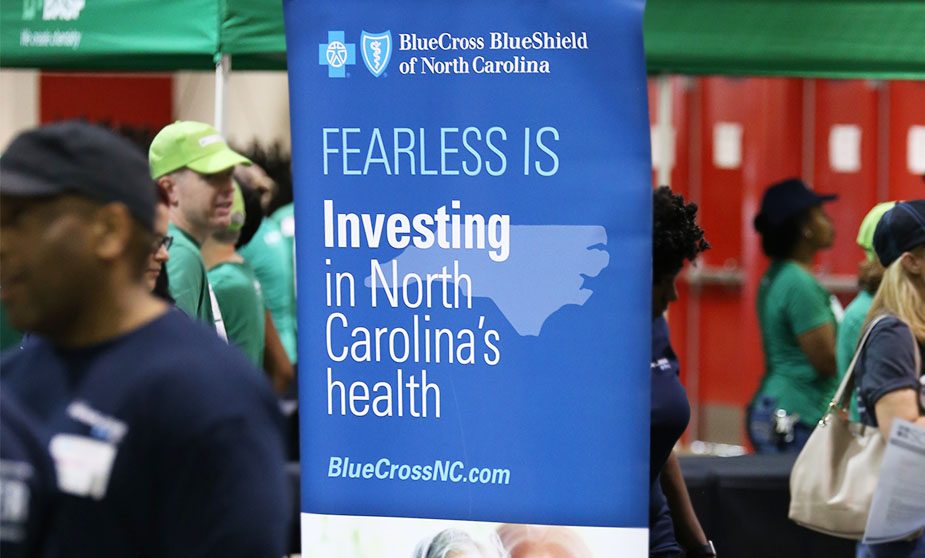
Health Care Equity
Blue Cross NC Invests in 17 Organizations to Address Health Equity
As part of our ongoing effort to eliminate racial, health and geographical disparities, we’ve awarded funding to organizations in NC who are actively improving maternal, infant and behavioral health outcomes, and serving historically underrepresented communities and people of color.

Health Care Equity
Addressing Disparities in Behavioral Health
To improve the health and wellbeing of all North Carolinians, we have to address disparities in mental health care. Here’s what we’re doing to integrate mental health services across the health care system.
